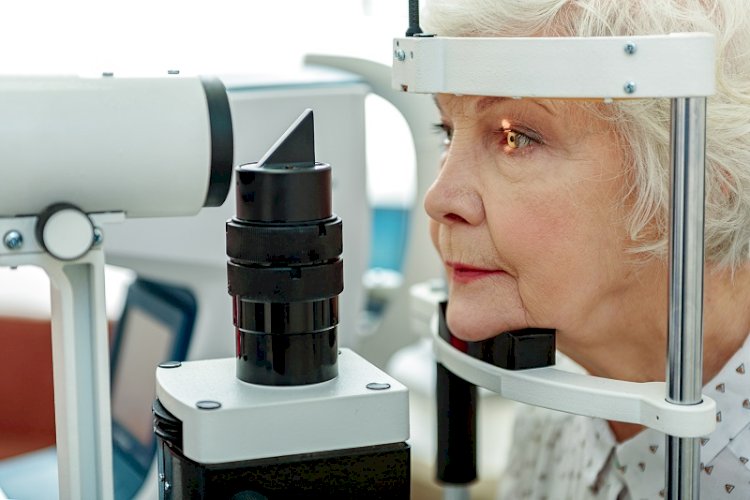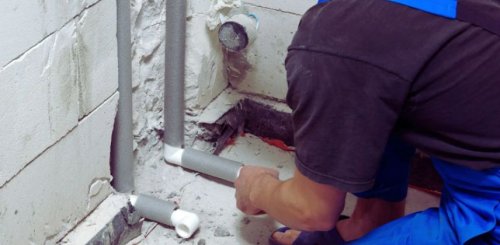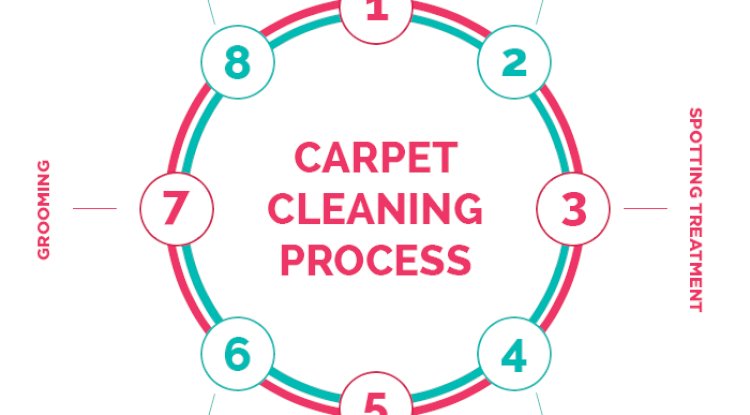Caring For Your Vision: Eye Tests For Your Eye
The human body possesses five basic senses, these are the sense of smell, touch, hearing, taste and lastly the sense of sights.

The human body possesses five basic senses, these are the sense of smell, touch, hearing, taste and lastly the sense of sights. These five basic senses are responsible for humans to interact with the world as through them the brain receives information by which it perceives the world.
The eyes and the ability of sight
Though the human body is equipped with the five basic senses, the sense of sight is by far the most used sense in our body for most people, as humans heavily depend on one’s sight in perceiving the world. If by chance this dependency gets disrupted, it can prove to be very disorienting and difficult to cope with. Common ailments that affect the eye are cataract, myopia and vision loss due to physical injuries to the eye, etc.
There are several reasons that could affect your sight: age-related ailments like cataracts, glaucoma is common among older generations though in some rare cases it can be found even among new-borns. In many cases, eye problems can also be affected by genetic inheritance as well as by the lifestyle we lead acts as triggers in creating eye ailments. For example, prolonged use of computers and smartphones in inadequate light may cause lifestyle-related problems. Eye loss can also occur due to occupational hazards like those who work in industrial areas, prolonged exposure to sparks, chemicals, etc. can contribute to losing one’s vision over time. To combat these eye issues, many governments have set up standards for safety protocols to maintain in order to minimize the risk involved.
Caring for your eyes
Vision loss and other related eye problems can occur anytime. The best way to ensure a healthy set of eyes as you age is to go for periodic tests just like how one goes for periodic check-ups to ascertain one’s fitness. This is especially important for older people as their age would cause weak health which also may include one’s eyes. Consult your local ophthalmologist for eye tests and depending on the result your doctor will suggest the treatment solution.
What to expect in an eye test?
So, you decide to visit an ophthalmologist and have your eye test taken finally, but you really do not know what the procedure is like and now you are tense and have fears regarding the entire procedure. However, there is nothing to be worried about, as we will detail here some of the testing methods one can expect when taking a comprehensive eye test.
- The first step during your eye tests would be conducting a visual acuity test; this is undertaken to measure the sharpness of one’s lens from normal reading length. Tests involve reading out a projected chart usually of numbers or alphabets with descending sizes of the font.
- After the first eye test is done, it is followed by a number of tests like the color-blind test, which is to check an eye color vision. Cover tests like the name suggest are tests that involve covering one eye to check the balance of vision between both the eyes.
- Ocular motility test is the tests intended to test and measure the eyes movement
- Stereopsis is conducted to test an eye’s depth perception.
- Retinoscopy is usually used to test for cataracts, but it is also used for other reasons to test the retina.
- Visual field tests are conducted to test for any sort of blind spot or restriction in one's peripheral vision.
- Pupil dilation tests are frequent in eye tests course: here dilating drops are applied on the surface of the eye to enlarge the pupils, and the doctor analyses further your eye’s inner structure.
Remember all these points when you are getting eye tests done. And in case of any questions, ask your doctor. Do not be hesitant in doing that.
Share
What's Your Reaction?
 Like
0
Like
0
 Dislike
0
Dislike
0
 Love
0
Love
0
 Funny
0
Funny
0
 Angry
0
Angry
0
 Sad
0
Sad
0
 Wow
0
Wow
0
















